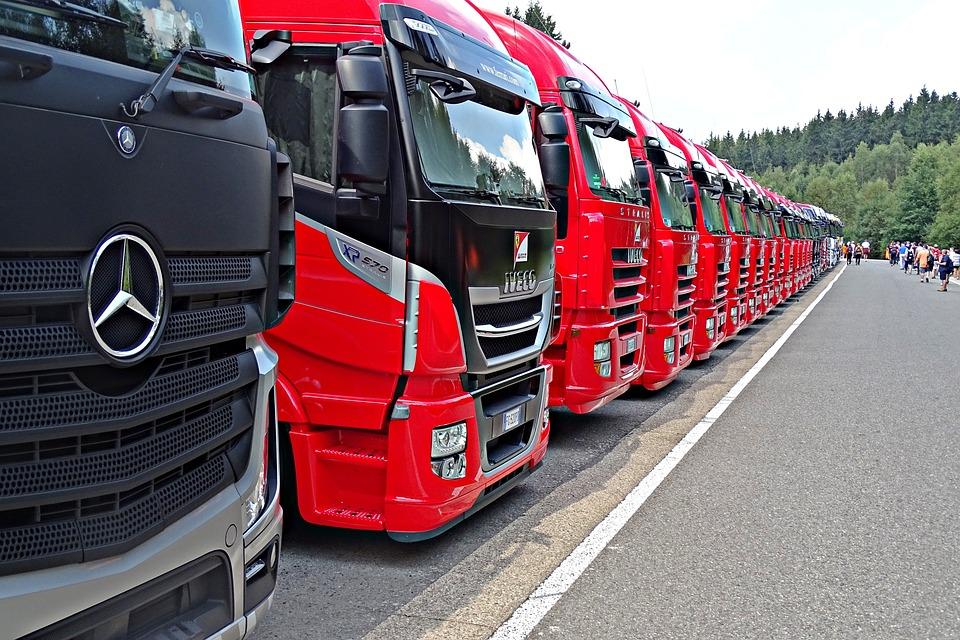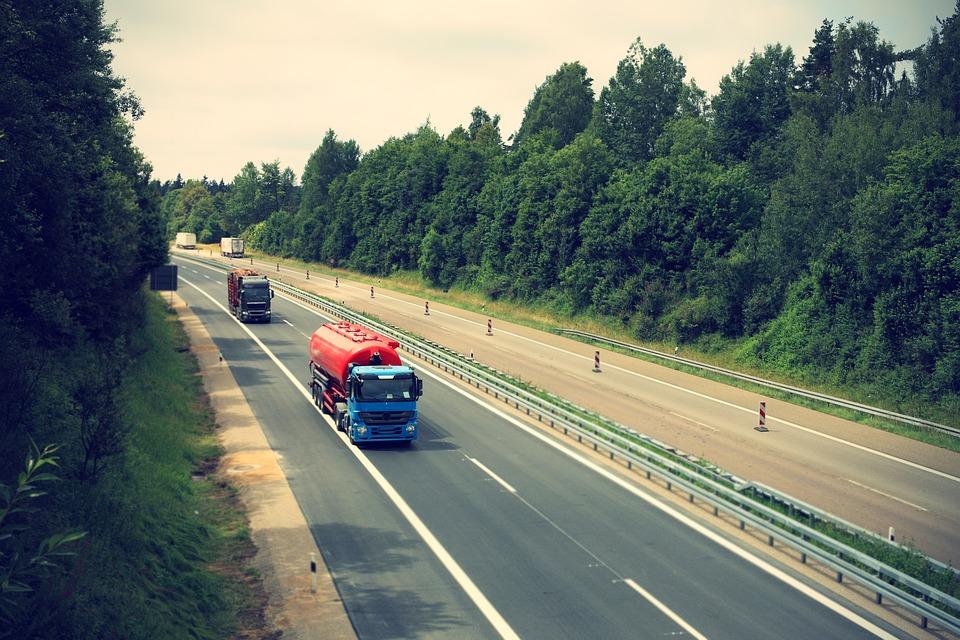For HGV trucks that carry heavy goods and drive for miles on, sometimes hazardous, stretches of roads, it is important to check your air tank is working efficiently and following safety standards. In this blog post, we look at the benefits of using a well-functioning air tank (or air reservoir) and how they can work with air compressors to ensure emissions are kept to a minimum, as well as the dangers of neglecting to drain your reservoirs.
The Functions of Air Tanks
A heavily loaded vehicle requires a strong braking system to ensure it stops safely. Air brake systems can ease the application of the brakes in large trucks more effectively than hydraulic braking systems as hydraulic brakes don’t supply as much force as air brakes. This highlights the importance of air tanks, and why you should ensure your air tank is working properly to make for a safe journey. Truckspares 365 offers numerous air tanks and supplies parts for many different HGV brands – DAF, Scania, Mercedes, IVECO and more.
The most common use of air tanks is the brake system. Air tanks use compressed air to brake the vehicle using the service brakes as well as for releasing the parking brake. The parking brake can also be used to stop in an emergency which is due to the different air navigation systems inside the chamber. This makes your vehicle reliable in case of emergency and is the hidden gem that improves everyday braking.
The air reservoir not only stores compressed air but also acts as an outlet for the two different brake systems. Compressed air goes through the air dryer before being stored in the reservoir. The air reservoir outputs this to the primary and secondary reservoirs: the primary reservoir stores the air for the main foot or ‘service’ brake system, and the secondary stores additional compressed air to operate the steering axle brakes.

Avoid any winter woes, drain your air tanks
With winter looming, it is more important than ever to regularly drain the air reservoir. This is because of a build-up of oil, water and any other contaminants from the air compressor that can accumulate over time and even freeze in the cold winter months. The icy mixture can lead to a malfunction of parts inside the chamber, including any valves or supply lines, potentially damaging parts of your vehicle. You should drain this sludge using the water drain valve (replacement valves are available for purchase on our site). If you notice that your air tank has become rusty or you have any broken valves, straps, or tensioning bands, it might be time to replace the air tank parts entirely.
The Future of Air Tanks

As the world sees more companies striving for zero emissions, it is always best to ensure your carbon footprint is minimised. Many new air compressors are now oil-free, meaning no more oil contamination in the air tanks and longer-lasting air systems.
Despite Volvo announcing that they will be distributing more electric HGVs across the world, air tanks will continue to be an important safety feature and it is predicted that they shall remain in the vehicles into the foreseeable future. The air brake system may even help in the making of electronic-reliant technology as developers can mimic the properties of reliance and strong force that compressed air offers. Perhaps compressed air and electricity will combine to replace the hydraulic brake system. For now, though, it is clear that air tank systems will stay due to their proven reliability for all HGVs.








0 Comments